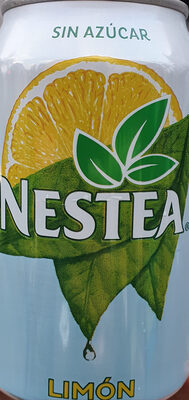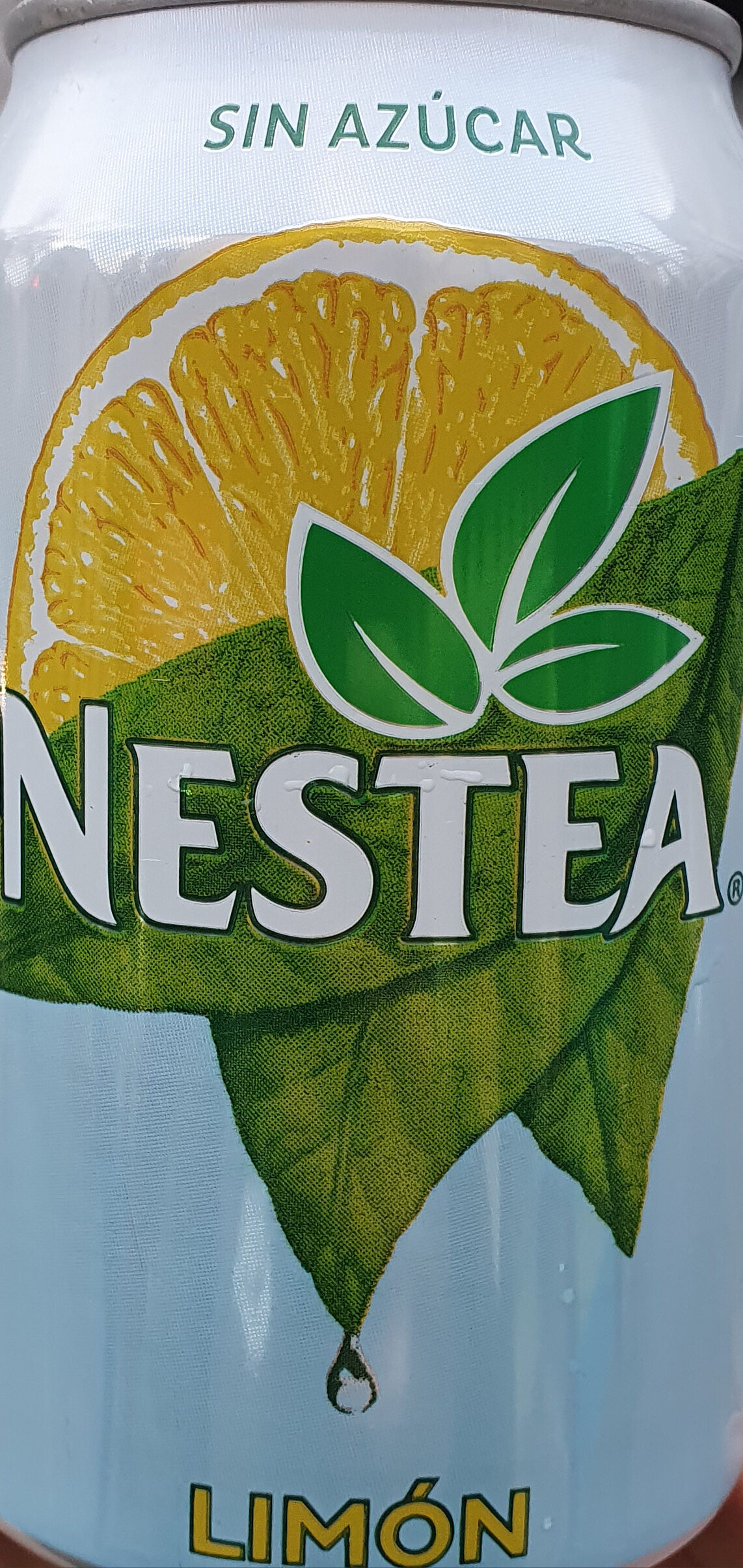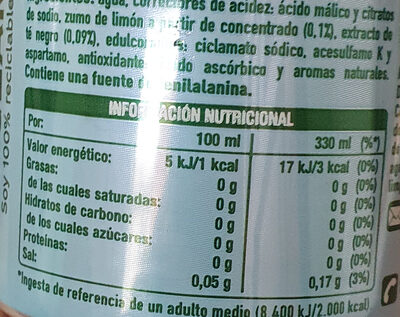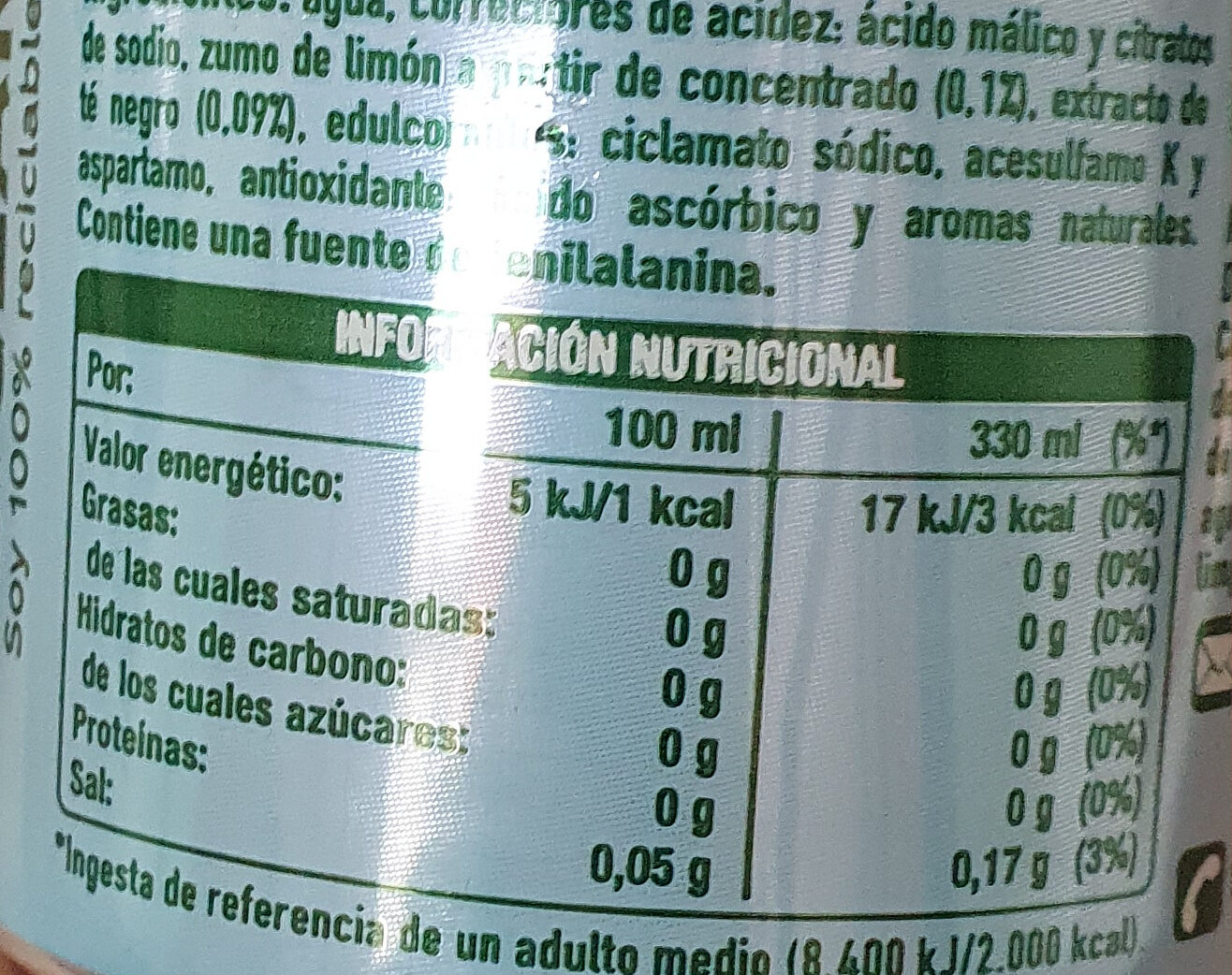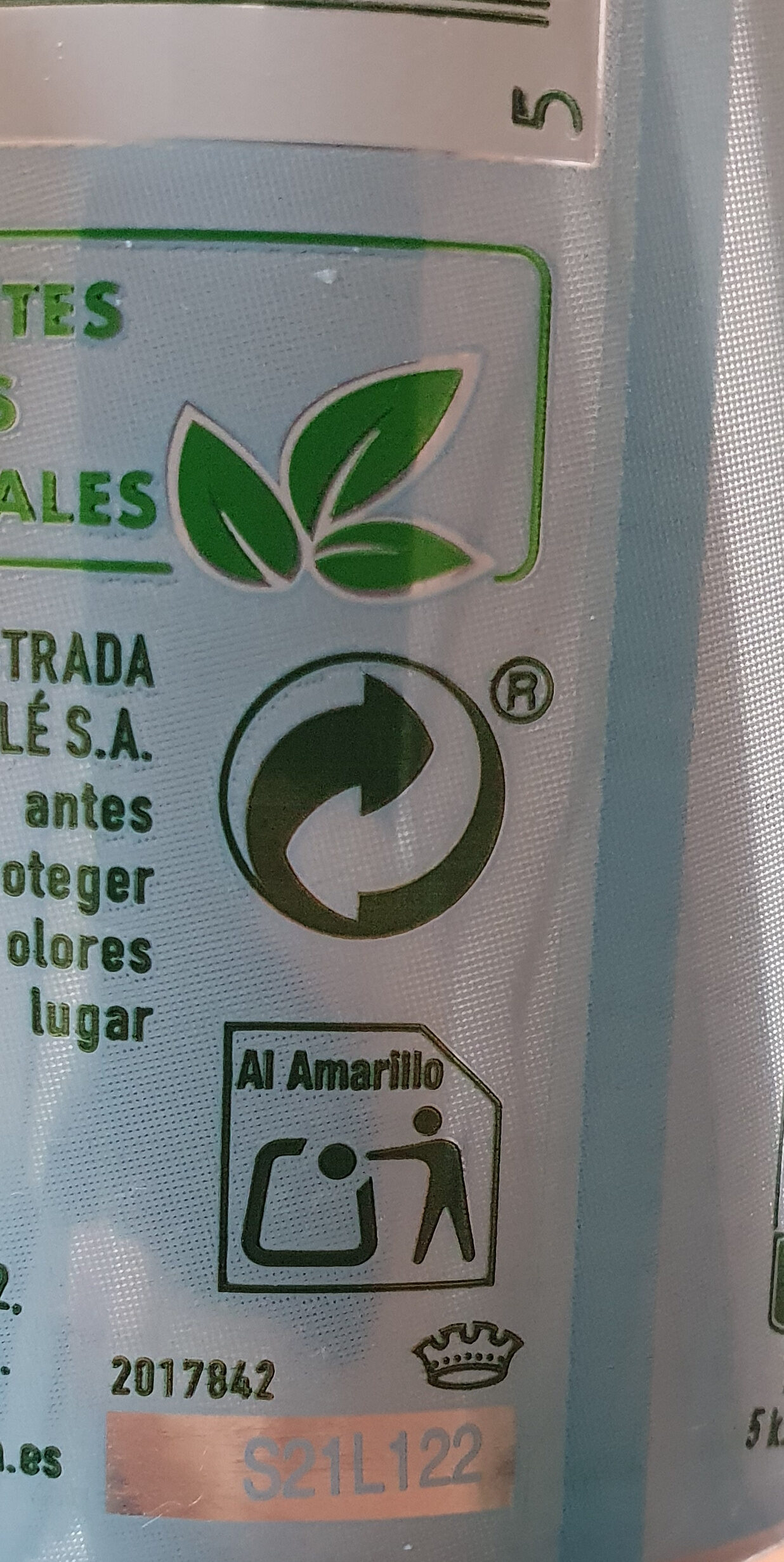Refresco de té negro con limón sin azúcar sin calorías - Nestea - 330ml
This product page is not complete. You can help to complete it by editing it and adding more data from the photos we have, or by taking more photos using the app for Android or iPhone/iPad. Thank you!
×
Barcode: 5449000020864 (EAN / EAN-13)
Quantity: 330ml
Brands: Nestea
Categories: Plant-based foods and beverages, Beverages, Plant-based beverages, Artificially sweetened beverages, Tea-based beverages, Iced teas
Labels, certifications, awards:
Low or no sugar, No preservatives, Green Dot, Natural flavors, No colorings, No sugar, es:Recicla-amarillo

Link to the product page on the official site of the producer: http://www.nestea.es
Countries where sold: France, Spain, United Kingdom
Matching with your preferences
Report a problem
Data sources
Product added on by openfoodfacts-contributors
Last edit of product page on by michounette.
Product page also edited by acuario, duhowpi, elfarto, foodless, kiliweb, musarana, nursek, org-app-elcoco, scanbot, takoyaki, thaialagata, yuka.R0tRRklaa2xtT1lCc3M4NnJoTHkzKzlybHJHelJFVG1HZEJMSVE9PQ, yuka.VnFFR1BwUTVsUGM2aDh3L3B4eU94UElvd2NXa1VuTHFKOGdlSWc9PQ, yuka.Xb1zMfHWIp0oM8v1-oI78RefSbbrBfZhMlxcow, yuka.ZjVBN05La2lvL3dOaC9FZXd6alk2T0pyOTVDSVJGR3lNTkUxSVE9PQ, yuka.sY2b0xO6T85zoF3NwEKvlmx_VOvBuxfCMCT5t3fTytGiFZa5PNZj-7rCM6g, yuka.sY2b0xO6T85zoF3NwEKvlnZ6Uejdgm3pLD7TiBzU2emECob1bsNMvojqMKs.
